
The Context of Precision Medicine
In the Italian context of innovation in the health sector, the systematization of major skills and Key Enabling Technologies at the service of national and European objectives represents one of the major challenges for growth. The investments of the PNRR (Mission 4 Component 2) aimed at creating Research and Innovation process chains – ranging from basic research to technological transfer – involving networks between Universities, Research Centers and Bodies and Companies have been included in this framework, and who have identified research in the field of Innovative Diagnoses and Therapies for Precision Medicine among the country’s priority objectives.
In fact, complex diseases, including monogenic ones (rare diseases), polygenic pathologies (cardiovascular and metabolic diseases) and cancer are the main causes of mortality in the world, for which an incidence and mortality rate in increase in the coming decades. The complexity and etiopathogenetic and prognostic heterogeneity of these pathologies make the application of precision medicine imperative, which addresses individualized paths for diagnosis and treatment, in order to obtain an optimal clinical result. Therefore, using a holistic and multidisciplinary approach, supported by the use of transversal KETs and going beyond the classic sectoral training paradigm, it is now necessary to create advanced training courses, which allow, among other things, to study the molecular mechanisms of diseases non-communicable diseases, identifying potentially prognostic and pathogenic disease biomarkers to develop innovative strategies for personalized prevention, prediction, diagnosis, monitoring and precision therapeutic planning measures.
This approach requires, alongside bio-medical skills, to strengthen training in the field of 4.0 enabling technologies applied to health, which allow the training of new professionals capable of applying the skills learned for the acquisition of large-scale omics data. spectrum, the complex processing of big data, the development of advanced predictive experimental/computational models, the study of the most advanced methods of precision diagnostics, the development of innovative and personalized therapies, the design of cutting-edge devices of interest for the market, the development of prevention strategies and the clinical validation of new diagnostic/therapeutic solutions.
Under this premise, the establishment of a Doctorate of National Interest (DIN) in Precision Medicine with administrative headquarters at the University of Palermo is proposed, which is also the proponent of the “HEALITALIA – Health Extended Alliance for Innovative Therapies, Advanced Lab-research, and Integrated Approaches of Precision Medicine” funded within the PNRR (Mission 4 “Education and Research” Component 2 “From Research to Business”) which represents the first Italian multidisciplinary research network of Universities, IRCCS and Companies supporting translational research for advanced diagnoses and therapies in the fight against cardiovascular, metabolic and rare diseases and cancer.
Through the National Doctorate in Precision Medicine, Doctoral Students will be offered the opportunity to operate in a highly collaborative context rich in tools and utilities such as:
- An already available platform of shareable clinical and instrumental data and biological samples of populations, with related biobanks, followed for years and/or cohorts of patients suffering from complex polygenic pathologies;
- A network of cell factories and biobanks at a national level, accessible through collaboration with the partners of the HEAL ITALIA project and with the universities participating in the National Doctorate, which includes the collection of diagnostic images according to standardized protocols to allow the implementation of prospective studies for the identification of prognostic biomarkers, the screening of off-label drugs and the prevention of disease risk.
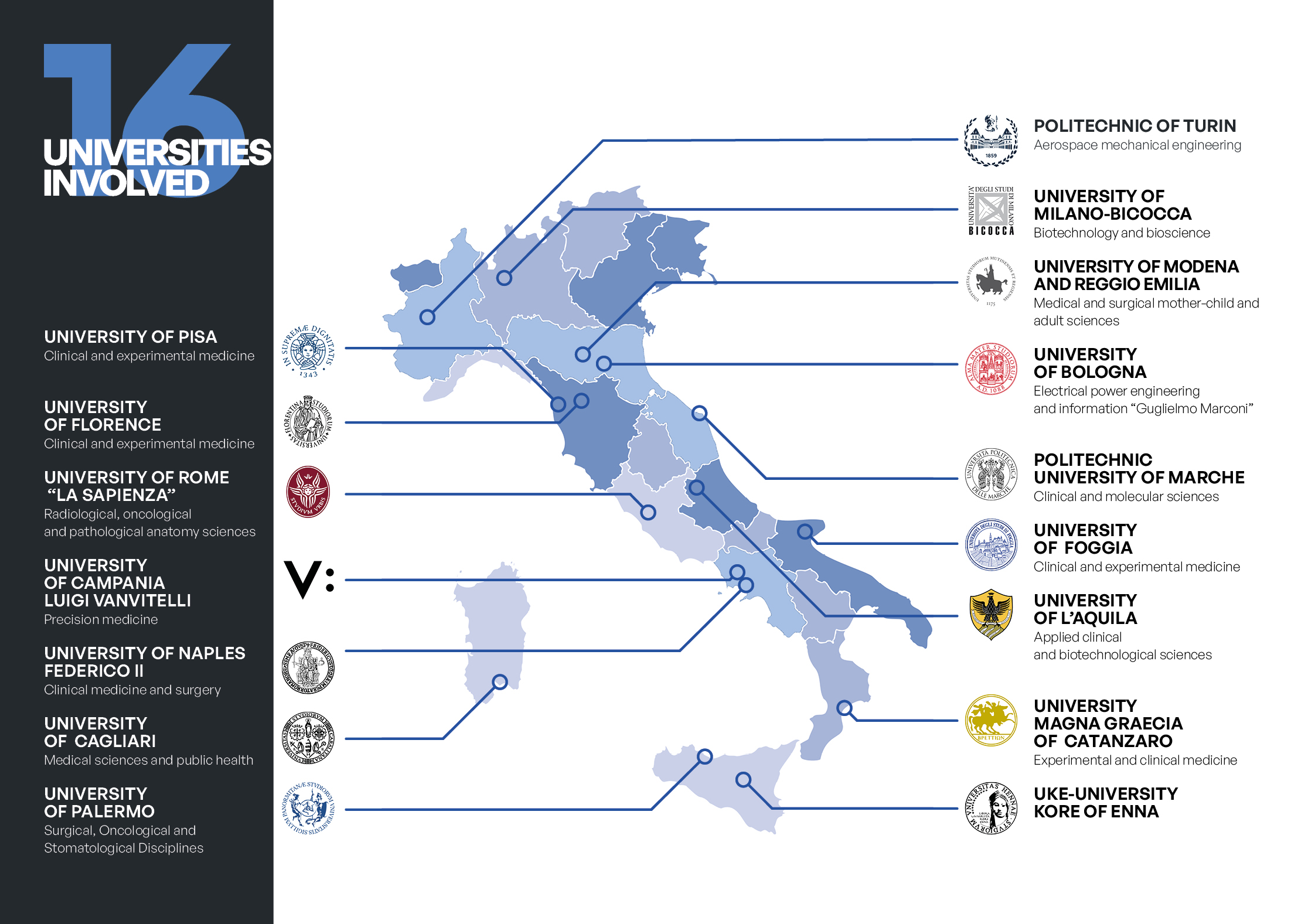
7 Curricula
1 Oncology
The Precision Medicine in Oncology course focuses on the application of personalized approaches to the diagnosis, management and treatment of cancer patients. Precision medicine represents a significant turning point in oncology, as it is based on the identification of the molecular, genetic and environmental characteristics of tumors and patients themselves, in order to provide targeted and personalized therapies. The course offers in-depth training on different types of cancers, such as breast cancer, lung cancer, colon cancer, prostate cancer and many others. Students will acquire advanced knowledge on the biology of cancer, on the molecular mechanisms involved in its origin and progression, as well as on innovative diagnostic and therapeutic methodologies. A central aspect of the course concerns the analysis of the genetic profile of tumors to identify the genetic mutations and molecular alterations that determine their development and progression. Students will be trained in the use of DNA sequencing techniques and advanced genetic analysis to identify oncogenic mutations and genetic anomalies that can influence response to treatments. The course addresses the importance of analyzing gene expression profiles and epigenetic alterations in tumors. Students will be introduced to microarray and RNA sequencing technologies, data analysis methodologies to identify characteristic gene expression patterns of tumors and to identify prognostic and predictive biomarkers useful for personalizing treatments.
2 Rare Diseases
The doctoral course in Precision Medicine on the topic of “Rare Diseases” aims to provide advanced training on the challenges and opportunities related to the diagnosis, treatment and management of rare diseases. Rare diseases represent a diverse set of medical conditions, often genetic in nature, that affect a limited number of individuals in the population. Precision medicine offers a promising approach to addressing these complex and often debilitating diseases. One of the fundamental aspects of the course concerns the diagnosis of rare diseases. Doctoral students will be trained in using advanced DNA sequencing technologies, such as whole exome or genome sequencing, to identify genetic variants responsible for rare diseases. They will acquire knowledge on genetic data analysis and interpretation strategies, as well as on the use of genetic databases to compare patient outcomes with known genetic variants. Another central topic concerns the development of personalized therapies for rare diseases.
Students will explore the new frontiers of gene therapy, cell therapy and the use of targeted drugs to treat specific rare diseases. They will be trained in identifying specific therapeutic targets and using precision medicine approaches to identify patients who may benefit from these innovative therapies. Furthermore, the course will address the clinical and management aspects of rare diseases. Doctoral students will learn to recognize the signs and symptoms of rare diseases and take a multidisciplinary approach to patient management. The challenges associated with collecting and sharing clinical data between specialists will be explored, in order to facilitate timely diagnosis and coordinated management of rare diseases.
3 Metabolic Diseases
The Precision Medicine in Metabolic Diseases course focuses on the application of personalized approaches for the diagnosis, management and prevention of metabolic diseases.
This field is based on the identification of genetic, epigenetic and environmental factors that influence individual metabolism, in order to develop targeted and personalized interventions. The course provides a solid foundation of knowledge on various metabolic diseases, such as diabetes mellitus, obesity, dyslipidemia and hereditary metabolic diseases. Students will gain an in-depth understanding of the genetic and molecular basis of these diseases and their impact on human metabolism. A fundamental aspect of the course concerns the importance of analyzing the individual genetic profile to identify genetic predispositions to metabolic diseases and to personalize prevention and treatment strategies. Doctoral students will learn DNA sequencing and genetic variant analysis methodologies, as well as techniques for genetic risk assessment and interpretation of results.
Furthermore, the course will address the application of precision medicine approaches in the field of nutrigenomics and pharmacogenomics. Doctoral students will be trained to identify interactions between nutrition, nutrients and the individual genome in order to develop personalized eating plans for the management of metabolic diseases. They will also be introduced to the concepts of pharmacogenomics, which studies the interaction between drugs and individual genes, and their influence on drug response and susceptibility to adverse effects.
4 Cardiovascular Diseases
The Precision Medicine in Cardiovascular Diseases course is designed to provide advanced training in the field of personalized medicine applied to cardiovascular diseases. Precision medicine represents a significant evolution in the management of diseases, particularly cardiovascular diseases, as it aims to identify risk factors and specific patient characteristics to personalize diagnosis, treatment and prevention. The course focuses on the application of advanced molecular, genomic and imaging approaches to understand the genetic, molecular and physiological basis of cardiovascular diseases. Students will acquire in-depth knowledge of different cardiovascular pathologies, including myocardial infarction, heart failure, arterial hypertension and cardiac arrhythmias, and their connections with individual genetic heritage. The key concepts of pharmacogenomics will be introduced, which studies the interaction between drugs and individual genes, and their impact on drug response and susceptibility to adverse effects. Students will be trained to interpret genomic and molecular data and to use this information in choosing the most appropriate drug treatments for each patient. Additionally, the course will address the importance of advanced imaging technologies, such as echocardiography, cardiac magnetic resonance imaging, and computed tomography, in the evaluation of cardiovascular disease. Students will learn how to acquire and interpret imaging data for accurate diagnosis and prognostic evaluation of patients with cardiovascular disease.
5 Neurodegenerative Diseases
The doctoral course in Precision Medicine on the topic “Precision Medicine in Neurodegenerative Diseases” offers specialized training to understand and address the challenges associated with neurodegenerative diseases, such as Alzheimer’s, Parkinson’s disease and amyotrophic lateral sclerosis (ALS). . These diseases represent a growing problem in the context of an aging population and require a personalized approach for diagnosis, prognosis and treatment. One of the main objectives of the course is to provide a solid foundation of knowledge on the genetic and molecular basis of neurodegenerative diseases. Doctoral students will gain an in-depth understanding of the pathogenetic mechanisms that lead to these diseases, including aspects related to the accumulation of abnormal proteins, inflammation and cellular damage.
The main genes associated with neurodegenerative diseases and the interactions between genetic and environmental factors will also be introduced. Another fundamental aspect of the course concerns the use of precision medicine approaches for the early diagnosis and prognosis of neurodegenerative diseases. PhD students will learn to apply advanced brain imaging techniques, such as functional magnetic resonance imaging (fMRI) and positron emission tomography (PET), to identify early signs of these diseases and evaluate disease progression over time. Additionally, they will be trained in the use of biomarkers in blood and cerebrospinal fluid for more accurate diagnosis and personalized assessment of patients. Another relevant topic concerns the development of personalized therapies for neurodegenerative diseases. Doctoral students will explore the new frontiers of gene therapy, cell therapy and the use of targeted drugs to treat specific subtypes of neurodegenerative diseases.
6 Digital Health
The Doctoral Course in Precision Medicine on the topic of “Digital Health” is designed to provide advanced and specialized training on the intersection between digital technology and healthcare. In an era where technological innovation is radically transforming the healthcare industry, it is critical to understand the role and potential of digital health in providing personalized and improved care. Digital health refers to the use of digital technologies, such as electronics, computing, communications and artificial intelligence, to manage and optimize health and well-being. In the course, students will explore different applications of digital health, including smart medical devices, mobile health applications, remote monitoring systems, artificial intelligence for analyzing health data and much more. A fundamental aspect of the course concerns the analysis of digital health data. Doctoral students will learn to use advanced data analysis methods to extract relevant information from the large volumes of data generated by digital technologies. This analysis can help identify meaningful patterns, trends and correlations for early disease diagnosis, prediction of clinical outcomes and identification of personalized therapies. Doctoral students will be trained in the use of algorithms and machine learning techniques for data processing and the creation of predictive models. Another relevant issue concerns the security and privacy of digital health data. With the rise of digital technologies, it is essential to protect personal information and ensure the security of patient data. Doctoral students will be trained on health data privacy and security policies and regulations, as well as strategies to mitigate risks associated with the interoperability of digital systems.
7 Materials and Technology of Precision Medicine
Precision medicine is an emerging field that relies on personalizing medical treatments based on individual patient characteristics. In a world where human health is influenced by multiple factors, the “one size-fits-all” approach is no longer sufficient. The course aims to provide advanced training on how innovative materials and technologies can be used to improve clinical outcomes and promote personalized medicine. A crucial aspect of precision medicine is the use of advanced biomaterials for the development of medical devices, implants and diagnostic tools.
These materials must be safe, biocompatible and able to interact specifically with the human body. In the course, students will explore the latest discoveries in the design and synthesis of biomaterials, as well as their applications in precision medicine. The physical and chemical properties of the materials, as well as their interaction with biological tissues, will be examined in order to develop innovative solutions for the diagnosis and treatment of diseases. Advanced technologies play a fundamental role in precision medicine. Doctoral students will acquire in-depth knowledge of imaging technologies of the latest generation, such as high resolution computed tomography, magnetic resonance imaging and advanced ultrasound.
They will learn to use these technologies to obtain high precision and resolution images, allowing for more accurate diagnosis and personalized assessment of patients. Another important topic covered in the course concerns DNA sequencing technologies and genomic analyses.
Graduate students will learn how to interpret genetic data and identify genetic variants that may influence disease susceptibility and drug response.
8 Partners


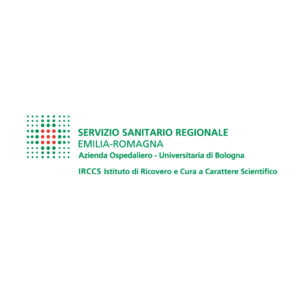
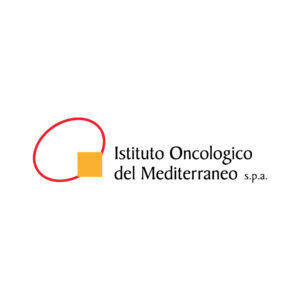
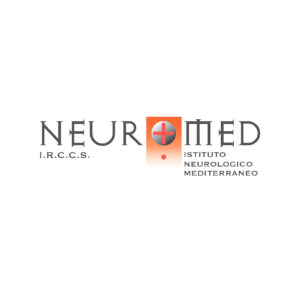
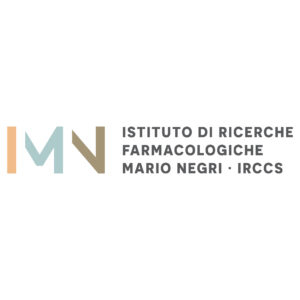


Objectives of the PhD
The DIN in Precision Medicine aims to provide theoretical/practical interdisciplinary training in the biomedical sciences and technological disciplines for health in order to create new professionals equipped with methodological tools and knowledge of advanced strategies, necessary for the implementation of patient-centered diagnosis and treatment models, promoting innovative and efficient solutions. Advanced training based on a training project characterized by a strong interdisciplinarity, multidisciplinarity and transdisciplinarity character is guaranteed by the structuring of the doctorate in curricula, which will provide specific skills in the student’s sector of interest. The training course is aimed at stimulating the continuous growth of doctoral students within the relevant scientific community, creating the conditions for the training of high-quality professionals.
Expected employment and professional opportunities
The Doctorate is strongly related to the analysis of training and employment needs directly expressed by the academic, clinical and industrial network that participates directly in its establishment and recorded in the planning phase by the relevant clinical and production sectors. The National Doctorate in Precision Medicine will provide students in training with specific and transversal skills useful for covering the role of new professional figures, including hybrid ones, such as, for example, those of Molecular Geneticist, Bioinformatician for Precision Medicine, Pharmacogenist, Biomedical Engineer for Precision Medicine, Molecular Oncologist, Data Scientist, Machine Learning Specialist for Precision Medicine, Manager for Healthcare Organizations and Precision Medicine.

